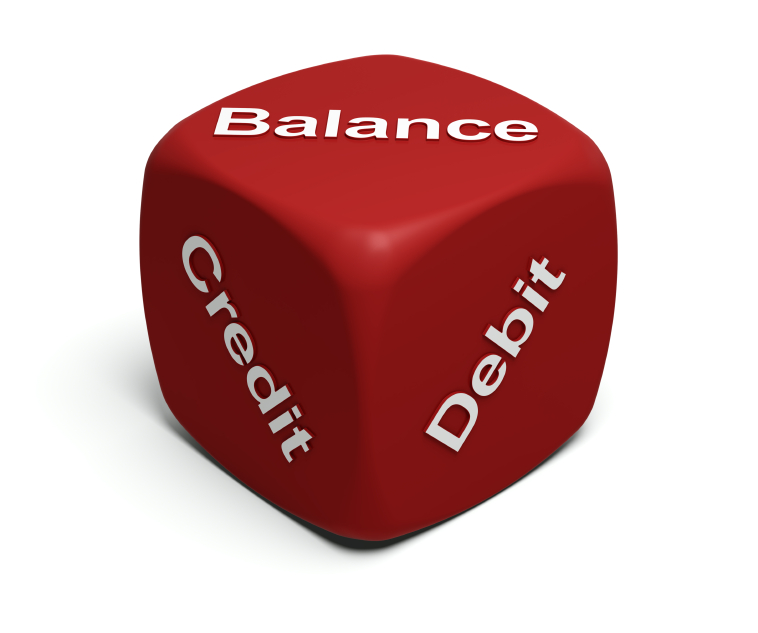Credit vs Debit: Which Should You Use, and When?
Will that be credit or debit? Those little plastic cards may look the same, but they are oh so different. Let’s clear up credit vs debit.

![]()
![]() What’s the difference between credit and debit?
What’s the difference between credit and debit?
When you make a purchase with a debit card (even if you select the credit option), the amount is taken directly from your bank account. So if you’re short on funds, your card could be denied or your bank might charge an overdraft fee.
Credit cards, on the other hand, basically give you a “loan” that you’ll be asked to pay back (with interest) over time. As long as you are under your credit limit, your purchase will go through. But the more you charge, the more you’ll have to pay back later.
Pros and Cons of Debit vs Credits
Credit cards have been known to get many people into trouble. Charge more than you can afford (and add sometimes outrageous interest fees) and in no time you could be in serious debt. Debit cards don’t let you spend more than you have, making them a safer option for those prone to overspending.
But there are times when a credit card is the better choice. Bigger purchases such as plane tickets, appliances, hotels, and car rentals (which often require a credit card), and online purchases are best paid with a credit card. This is because credit cards are governed by different laws and offer greater personal finance protection.
If Swanky Hotel overcharges you, you have time to dispute the charge. However, if you’ve already paid for it upfront with a debit card, you may be out of luck. Plus, if some nefarious criminal decides to go on a wild shopping spree, you won’t be liable, or will be liable for very little, depending on the card. With debit cards, not so much.
Debit cards are great for everyday purchases such as groceries and gas. After all, there’s little chance you’ll need to dispute a charge for broccoli. You also don’t have to worry about spending more than you can afford, as you’ll see the money come out of your bank account as you go along.
One potential downside is that debit card activity isn’t reported to the credit bureaus, so you won’t be improving your credit score by using a debit card.
If you’re fiscally responsible, by all means go for a credit card for all purchases. You can keep your money in a high-yield checking account, letting it earn interest and over time make some extra cash. Many credit cards also offer rewards like cash back or airline frequent-flyer miles. It’s like a bonus for having good money-management skills. Using your credit card for bigger purchases will earn you rewards faster.
The key, as always, is to make sure you can afford to pay off what you buy in a relatively short amount of time. Carrying large balances on credit cards will mean paying large amounts of interest, which can make it tough to dig yourself out of debt.
Quicken has made the material on this blog available for informational purposes only. Use of this website constitutes agreement to our Terms of Use and Privacy Policy. Quicken does not offer advisory or brokerage services, does not recommend the purchase or sale of any particular securities or other investments, and does not offer tax advice. For any such advice, please consult a professional.


